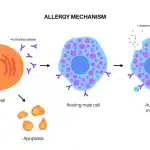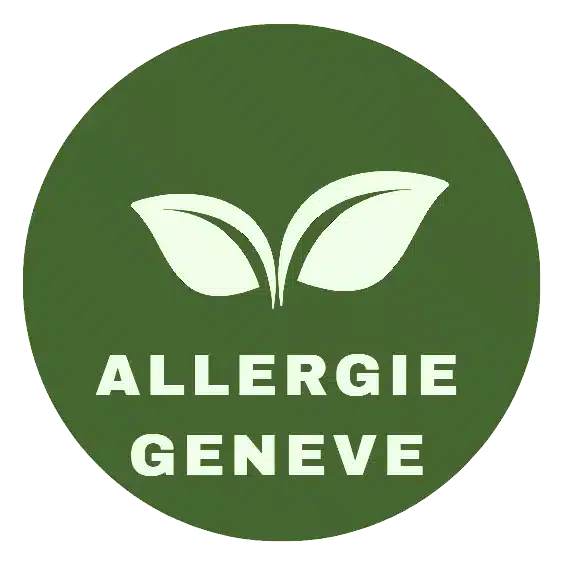
FAQ
Cure is achieved through desensitization and, where possible, avoidance of the allergen.
Desensitization consists in getting the body used to the allergen, so that there is no allergic reaction the next time it comes into contact with it. The goal is first improvement, then cure. Desensitization also helps prevent the aggravation and development of new allergies. The results are quickly felt.
These are small, painless injections into the back of the arm. Initially, one injection per week: the dose is gradually increased to get used to the product without allergic reactions. Once the maximum dose has been reached, it is repeated every month for 3 years.
No, they’re on the back of the arm. A very small quantity of liquid is injected in just a few seconds.
The injection is given as soon as you arrive, then you stay in the waiting room for 30 minutes to make sure you’re not having an allergic reaction, after which you can return to your normal activities.
You can come after work or during your lunch break.
Any time of year. For pollens, if you start during the season, take precautions regarding the dose injected.
Yes, appointments and doses will be adjusted according to your obligations, without interfering with the treatment.
Yes, whether it’s basic insurance (LaMal) or international insurance, unless you have a reserve.
Clear improvement is seen after 2-3 months, with healing taking around 4-10 months. Then the monthly booster will ensure a long-term cure.
Yes, from age 6. In children, the preventive effect is very important.
Yes, allergic asthma is an excellent indication.
A clear improvement by the following spring, and you won’t be bothered by hay fever or asthma as much.
If you have a cat at home, this is a strong exposure. Desensitization will make you feel much better, although you may need to undergo a light treatment at the same time (e.g. nasal spray).
Desensitization will allow your sinusitis and asthma to diminish significantly, or even heal. If necessary, an adjunctive treatment such as nasal spray will be prescribed. Allergens must be avoided at the same time.
Allergy to wasps or bees can be fatal, so desensitization is essential. The aim of desensitization is to protect you from anaphylactic shock should a wasp or bee sting occur. However, as a precaution, you should always carry an emergency kit (self-injectable epinephrine) during wasp and bee season.
This is a relatively common allergy. In some cases, desensitization can be considered.
The only notable side effect is the risk of an allergic reaction in the minutes following injection. However, these reactions are very rare, and if they do occur, they should be treated immediately.
Mainly immune disorders: autoimmune disease, certain cancers.
It contains natural allergens and an excipient. Synthetic vaccines are available, but we prefer to avoid using them.
There’s no time limit. There are no notable side effects, apart from some irritation of the nasal mucosa.
For a few days at most, if necessary.
Very useful with salt water.
Atopy means carrying the allergy gene, which increases the risk of developing allergies.
Allergies tend to grow in strength and number. This is the natural evolution of allergies, known as the “allergic march”.
It’s rare, but not impossible, for allergies to stop on their own. On the contrary, they tend to increase.
Latest articles


BEE GUEP

ALLERGY MECHANISM

ECZEMA URTICARIA ANGIODEMA

DOG DOG


